Dark circles under the eyes can be a sign that you are lacking certain nutrients.
Do you sometimes feel haunted by dark circles under your eyes, no matter how rested you are? These small shadows under our eyes are more than just signs of tiredness; they are a reflection of various aspects of our lives and our health.
If you’re wondering why you wake up with dark circles under your eyes despite getting enough sleep, you’re not alone. There is a whole range of reasons, which can range from our genes to our lifestyle.
First of all, it is important to understand that dark under-eye circles can occur for several reasons. In addition to the obvious suspect, lack of sleep, there are other factors such as genetics, sun exposure, allergies and nutritional deficiencies that play a role. Each of these factors can influence the pigmentation of your skin and thus lead to unwanted shadows.
Genetics and certain genes in particular are largely responsible for the pigmentation process of the skin, which can contribute to dark circles under the eyes. In addition, sun damage can be another decisive factor by increasing melanin production in the skin. This leads to pigment changes, which in turn can cause dark circles under the eyes.
Furthermore, too many harmful UV rays from the sun on your skin can also lead to the breakdown of collagen and elastin fibers, which can aggravate the situation with dark circles.
Allergies also play a decisive role in the development of dark circles, as allergic reactions can cause inflammation around the eyes. These inflammations in turn lead to the appearance of dark circles. Allergies activate the body’s own immune response and lead to the release of histamine, which causes swelling and thus dark circles under the eyes.
Finally, your dark circles can also be an important signal from your body that indicates a nutrient deficiency. Although healthy eating is certainly your goal, it can sometimes be a challenge to meet this goal in a hectic everyday life.
What nutrients help with dark circles?
There are a number of nutrients that, when applied both supplementally and topically, can be effective in reducing the appearance of dark circles. They do this by promoting blood circulation, reducing inflammation and also supporting healthy collagen production.
Vitamin C
An undisputed hero in the fight against dark eye shadows! Vitamin C not only offers protection against oxidative stress, but also strongly stimulates collagen production. Foods with a high vitamin C content include berries, citrus fruits, kiwis, tomatoes, broccoli and red peppers. In addition, topical applications with vitamin C can also make a visible contribution to improving the appearance of the skin.
Vitamin K, A, B3 and B12
These vitamins are powerful allies, especially when it comes to improving circulation, reducing inflammation and strengthening skin elasticity. Interestingly, one study showed that 12 percent of participants with dark circles suffered from a B12 deficiency. As vitamin B12 is mainly found in animal products, it is important that you take supplements if necessary, especially if you eat little or no meat.
Zinc and iron
Zinc is known to support collagen production and have an anti-inflammatory effect, while iron is crucial for healthy blood circulation and oxygen supply. An eight-week supply of zinc has been shown to reduce the appearance of dark circles under the eyes. Low iron levels, on the other hand, can make dark shadows under the eyes more pronounced, which is why it is very important to make sure you get enough iron. If your dark circles are caused by iron deficiency anemia, our article “Anemia: These vitamins and minerals can help” offers valuable tips on how you can take action.
Lifestyle tips for dark circles under the eyes
- Get enough sleep: Aim for 7-8 hours a night, because a good night’s sleep can actually work wonders.
- De-stress: Try to find activities that help you to reduce stress. Yoga, meditation or sport can not only provide immediate relaxation, but can also improve the appearance of dark circles in the long term.
- Hydration: It is essential to drink enough water every day to keep your skin hydrated and fresh. In addition, sufficient hydration also supports your body’s detoxification process. For more information on how you can integrate this into your everyday life, take a look at our article “Detox: What you can do in everyday life to detox”.
- Protect your skin from the sun: applying a high sun protection factor and wearing sunglasses are essential to avoid pigmentation changes and thus prevent the worsening of dark circles.
- Cool compresses and massages: These can effectively help to reduce swelling and inflammation while promoting blood circulation.
Conclusion
Never forget that your skin and your lifestyle are absolutely unique. What works for one person does not necessarily work for another. It is therefore worth trying out some of our suggestions to find out what works best for you personally. If you need additional advice, do not hesitate to consult a nutritionist or dermatologist. If you suspect that your dark circles are due to a nutrient deficiency, this article may help you: Recognizing vitamin deficiency – these are the alarm signs
-
Bestseller
Mr Do-It-All 18+
Organic Multivitamin Complex Premium for men between 18 and 44, All-In-One79,90 €2.069,95 € / kg
-
Bestseller
Mr Do-It-All 45+
Organic Multivitamin Complex Premium for men aged 45 and over, All-In-One79,90 €2.048,72 € / kg
-
Bestseller
Mrs Do-It-All 18+
Organic Multivitamin Complex Premium for women of fertile age, All-In-One!79,90 €2.302,59 € / kg
-
Bestseller
Mrs Do-It-All 45+
Organic Multivitamin Complex Premium for menopausal women, All-In-One!79,90 €1.997,50 € / kg
-
Bestseller
Mrs Do-It-All 55+
Organic Multivitamin Complex Premium for women after the menopause, All-In-One!79,90 €1.997,50 € / kg
Store the Story
- Sheth, P.B., Shah, H.A. and Dave, J.N. (2014). Periorbital Hyperpigmentation: A Study of its Prevalence, Common Causative Factors and its Association with Personal Habits and Other Disorders. Indian J Dermatol, [online] 59(2), pp.151-157.
- Mendiratta, V., Shiwangi, R., Jassi, R. and Chanteer, R. (2019). Study of Causative Factors and Clinical Patterns of Periorbital Pigmentation. Indian J Dermatol, [online] 10(3), pp.293-295.
- Aslam, I., & Fleischer, A. B. (2013). Sun damage. BMJ Clinical Evidence, 2013, 1716.
- Rongioletti, F. (2013). Dark circles under the eyes. Clinics in Dermatology, 31(1), pp. 30-41.
- Schiffner, R. (2003). Dark circles under the eyes: causes and remedies. Aesthetic Plastic Surgery, 27(3), pp .228-234.
- Weir, R. F. (1996). Allergic inflammation and dark circles under the eyes. Ophthalmology, 103(10), pp. 1529-1530.
- Chen, X., Wang, Y., Wang, X., & Wang, J. (2017). The Effect of Oral Ascorbic Acid Supplementation on Dark Circles Under the Eyes: A Randomized, Double-Blind, Placebo-Controlled Trial. Skin Pharmacology and Physiology, 30(1), pp. 24-28.
- El Safoury OS, El Fatah DS, Ibrahim M. (2017). Treatment of periocular hyperpigmentation with newly developed vitamin K/vitamin A cream: a double-blind, placebo-controlled clinical trial. Dermatology and Therapy. 28(6), pp. 701-709.
- Al-Dhaheri AM, Al-Mutawa HM, Al-Zahrani AS, Al-Qahtani MS, Al-Otaibi AM. (2015). Effect of zinc supplementation on periorbital hyperpigmentation: a double-blind, placebo-controlled clinical trial. Skin Pharmacol Physiol.;38(4) pp. 227-233.
- Goh CL, Dlova CN. (2019). A retrospective study evaluating the efficacy and tolerability of a 2% topical iron solution in improving the appearance of periorbital hyperpigmentation and erythema. J Cosmet Dermatol. 18(4), pp. 1084-1089.
- El Safoury OS, El Fatah DS, Ibrahim M. (2017). Treatment of periocular hyperpigmentation with newly developed vitamin K/vitamin A cream: a double-blind, placebo-controlled clinical trial. Dermatology and Therapy.;28(6), pp. 701-709.






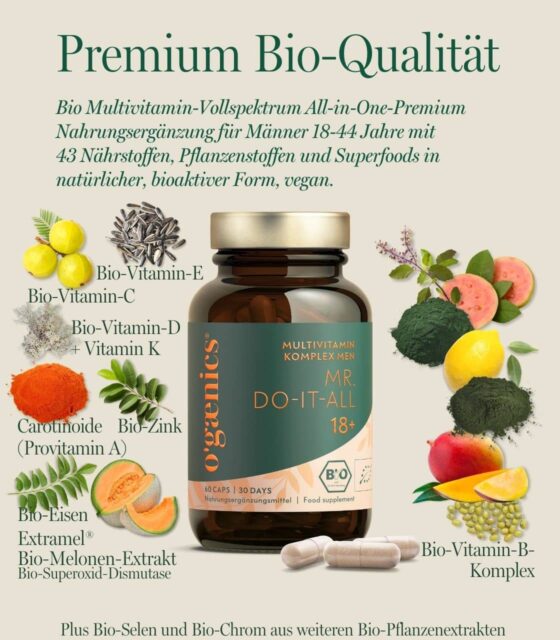
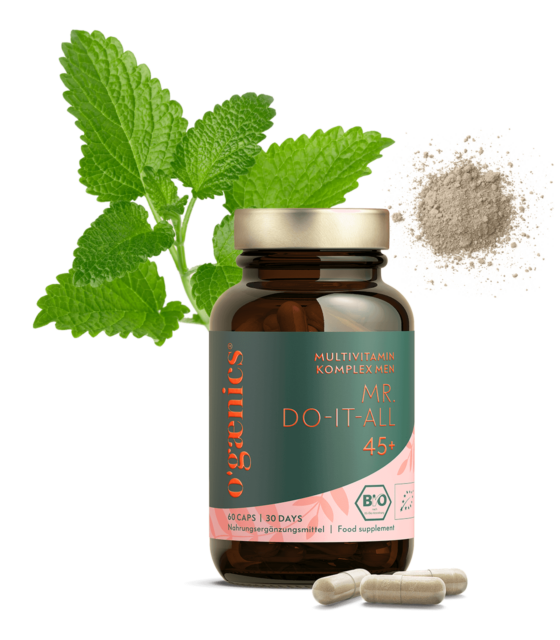

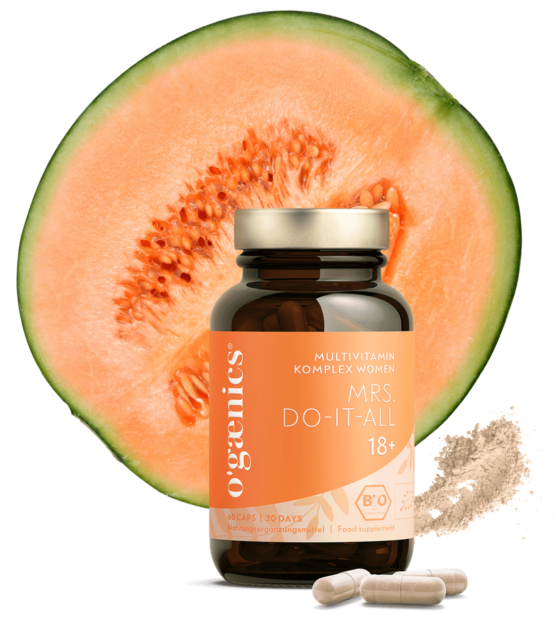
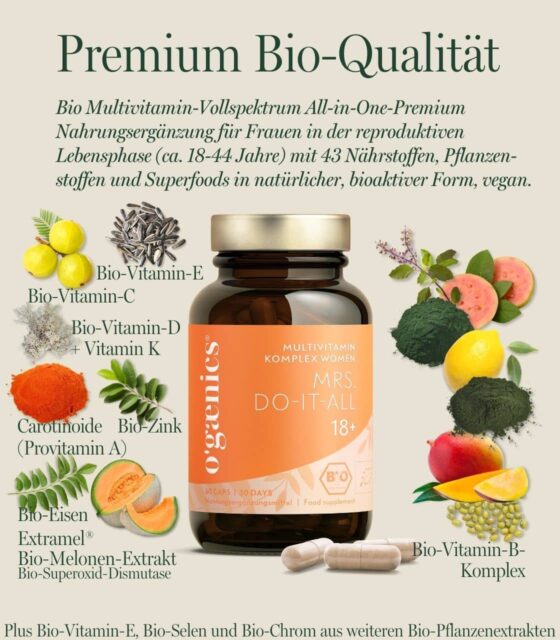
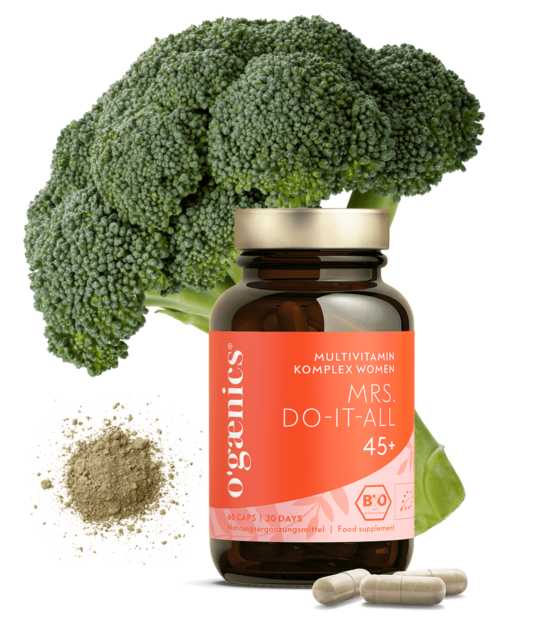

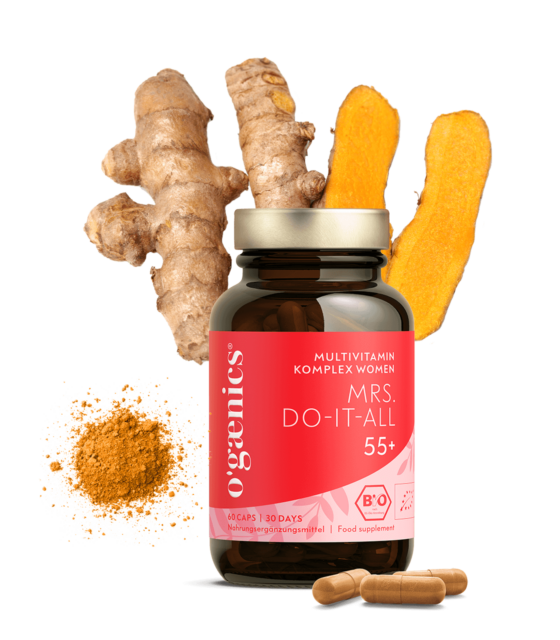
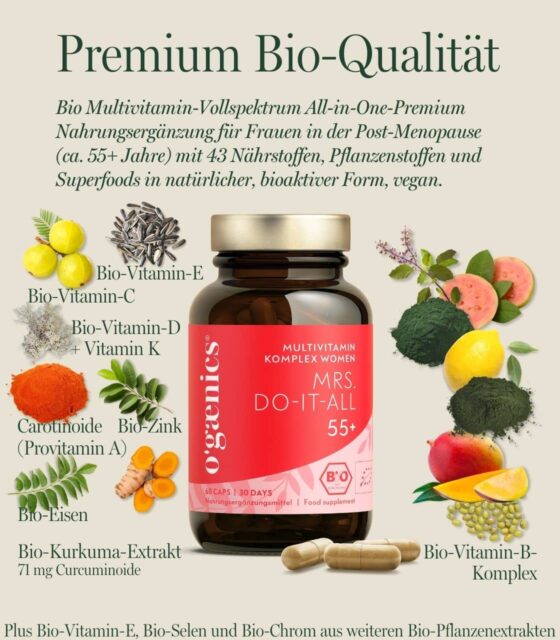
 No products in the cart.
No products in the cart.